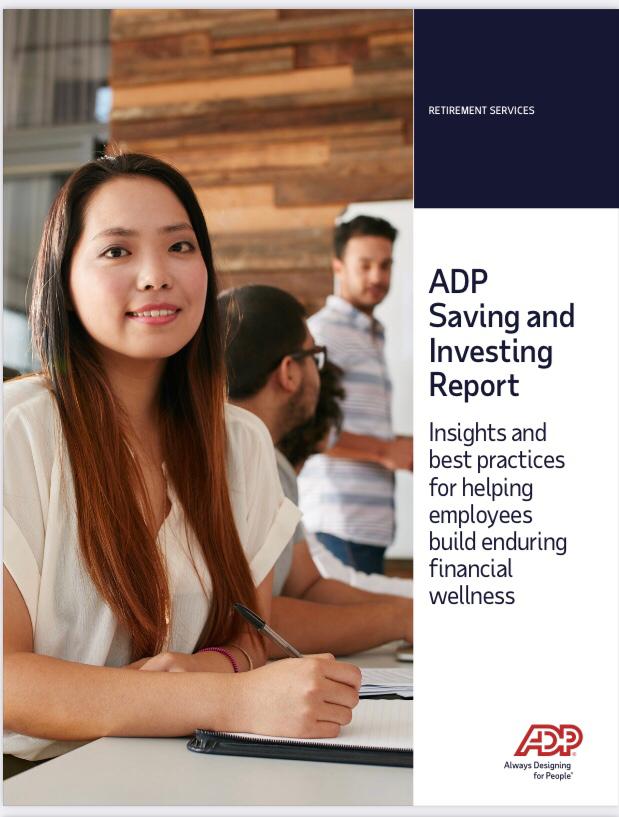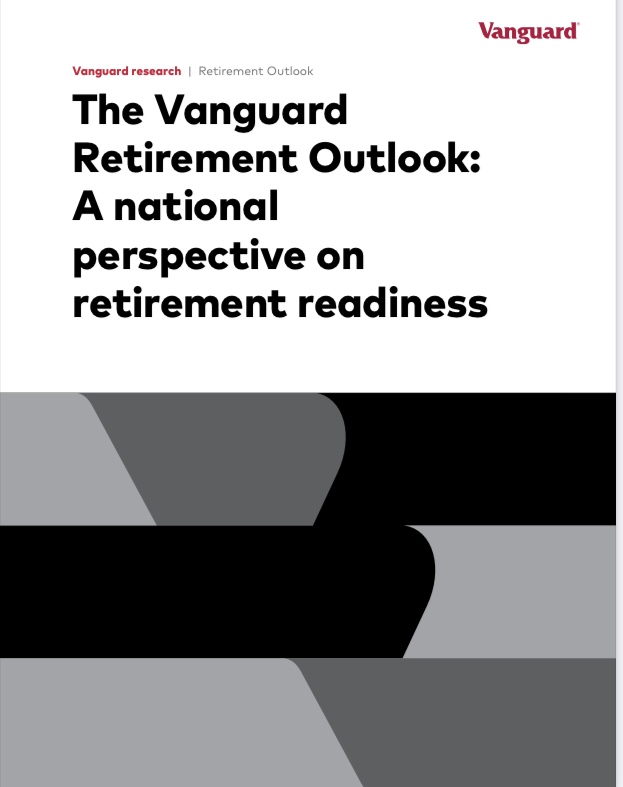Insights for helping employees build enduring financial wellness
By Always Designing for People Improving long-term financial wellness is a clear priority for many employees, according to a recent survey by Retirement Insights, LLC. Seventy-eight percent of survey respondents said they prefer saving for the future over spending on current needs. Yet, many of them find some pieces of the retirement planning puzzle to be unclear and would like financial education from their employer to help them with complicated calculations and decisions. You can fulfill this unmet need and make...










